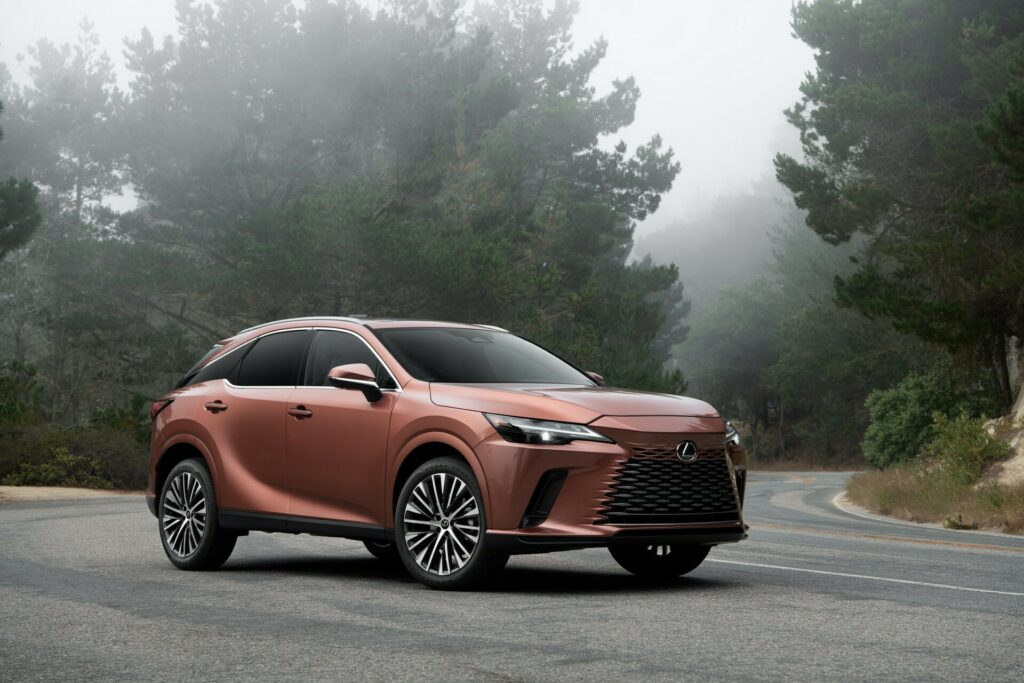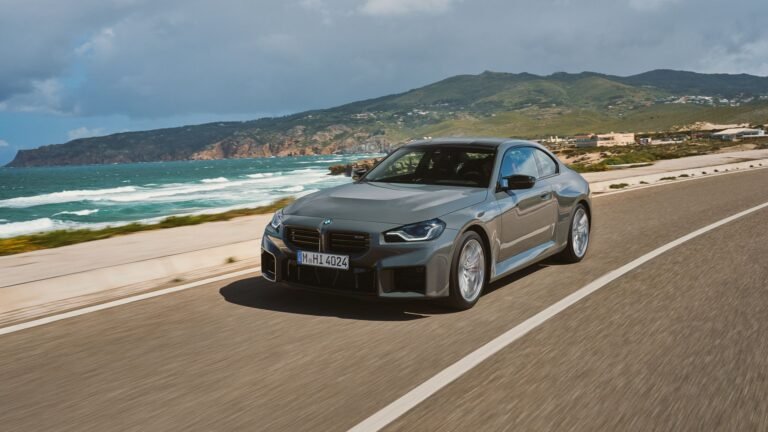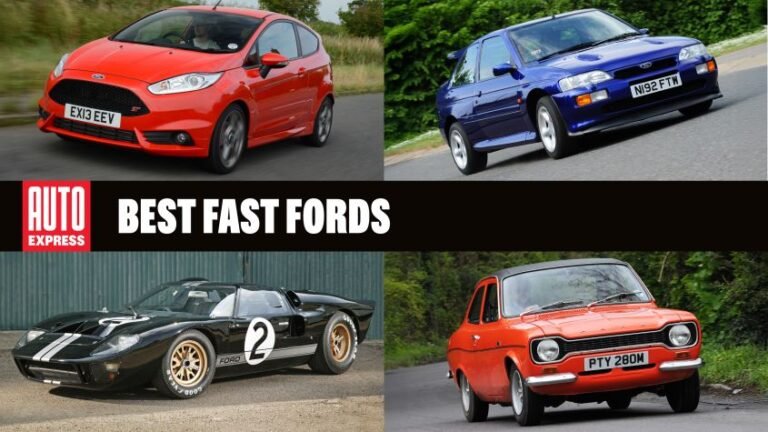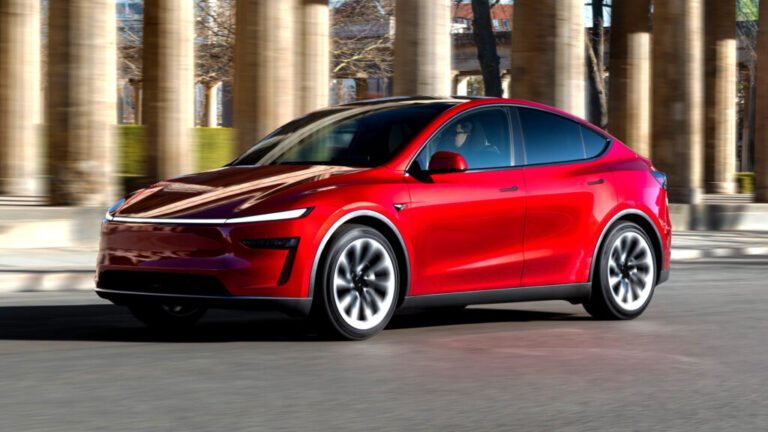

- Major players like Ford, Hyundai, Kia, Mazda, and Honda all reported sales increases.
- Subaru recorded its 33rd consecutive month of sales growth in the United States.
- Several car manufacturers have committed to keeping prices steady through May.
American consumers are increasingly worried that new car prices will soon climb no thanks to the Trump administration’s tariff policies. This fear has prompted many to rush out and buy new vehicles now, before the inevitable price hikes hit. As a result, new car sales spiked dramatically across the country last month. Sales were so strong, in fact, that several automakers reported double-digit growth. But don’t get too comfortable, as this surge might not last long.
Although some car manufacturers haven’t yet revealed their April sales figures, many, including Ford, have. Ford had a particularly strong month, selling 207,713 vehicles across its Lincoln and Ford brands. That’s a 16.3% increase compared to April 2024.
Read: Kia’s Sedan Tripled Its Sales But Its EVs Are Crashing Hard
American Honda also benefited from increased demand. Sales across the Acura and Honda brands rose 18.1% last month with 137,656 units sold. Things were similarly strong at Hyundai-Kia with sales increasing 16.3% to 162,615 units. Mazda’s growth outpaced many of its rivals, shifting a total of 37,660 vehicles, or a 21% rise.
Sales at Toyota also spiked last month, rising by 7.9% to 197,871 units, while Lexus sales surged to 35,174. Volvo also reported a 5.2% jump in sales while Subaru reported its 33rd consecutive month of sales growth. That said, Subaru’s sales only edged up by 0.3% compared to April 2024, which is a concerning sign for the Japanese brand when put in context.

Tariffs Spark Panic Buying, But for How Long?
Cox Automotive chief economist Jonathan Smoke explains that tariffs and concerns over rising prices have led to a surge in sales, with consumers rushing to buy before the full impact of the tariffs is felt. “Consumers are trying to secure their purchases before prices climb further,” Smoke said.
Many carmakers rushed to guarantee prices through May and into June, and clearly, buyers are making hay while the sun shines. Smoke believes that the “market has hit a ceiling” and sales will likely not begin to fall.
“It looks like the market has hit a ceiling, and I would argue that it has, and that ceiling has tight supply and higher prices,” he told Auto News. “Unlike in 2021, the consumer is unable and unwilling to continue buying cars at any price. The industry and the White House are about to get a lesson in what economists call price elasticity.”



